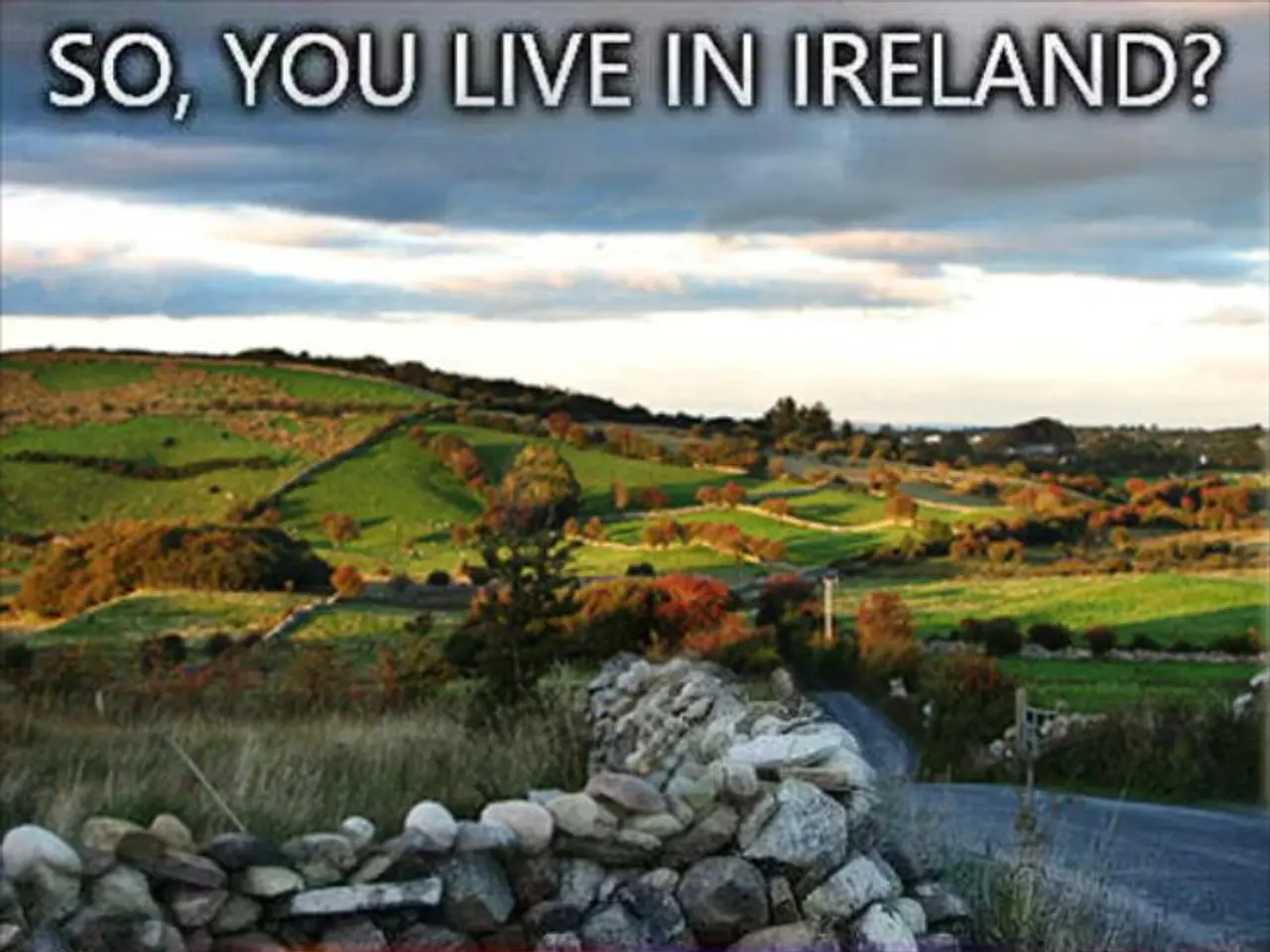Strategies for Expertly Extinguishing Europe's Large-Scale Forest Fires
A new paper, released by WWF and BirdLife Europe, urges the governments of Spain, France, Italy, Portugal, and Greece to shift from reactive firefighting to a proactive and integrated approach to wildfire prevention. The focus of the new paper is on reducing the increasing destructiveness of wildfires in Southern Europe.
The sharp rise in the frequency, intensity, and spread of wildfires in Europe is a cause for concern. Over half a million hectares have burned in Europe in the past two years, including the largest wildfire ever recorded in the EU. As of July 2025, almost 300,000 hectares of forest have burned, more than double the area lost by this time last year.
Megafires cause widespread ecological damage, severe economic losses, and deep social impacts. The estimated yearly production loss due to wildfires is €13-21 billion. Moreover, they release as much carbon each year as the entire global aviation sector does in four months.
The paper presents a win-win strategy that combines ecosystem restoration, nature-based forest management, and community involvement to reduce wildfire risk. It outlines a roadmap for transforming fire-prone landscapes into resilient, biodiverse ecosystems.
Human activity is the primary cause of wildfires, responsible for more than 95% of ignitions. The new paper proposes an integrated approach to wildfire prevention, suggesting a shift from reactive firefighting. It calls on European governments to prioritize nature-based solutions that reduce wildfire risk, protect biodiversity, and boost rural resilience.
The paper does not specify the exact measures for the proactive approach or the timeline for the shift in approach. However, it emphasizes the need for immediate action to combat the increasing destructiveness of wildfires in Southern Europe.
EU funds must shift away from unsustainable practices like burning trees for bioenergy and focus on strategies that promote ecosystem health and resilience. The new paper by WWF and BirdLife Europe serves as a call to action for European governments to take a more proactive and integrated approach to wildfire prevention.
Read also:
- Peptide YY (PYY): Exploring its Role in Appetite Suppression, Intestinal Health, and Cognitive Links
- Toddler Health: Rotavirus Signs, Origins, and Potential Complications
- Digestive issues and heart discomfort: Root causes and associated health conditions
- House Infernos: Deadly Hazards Surpassing the Flames








